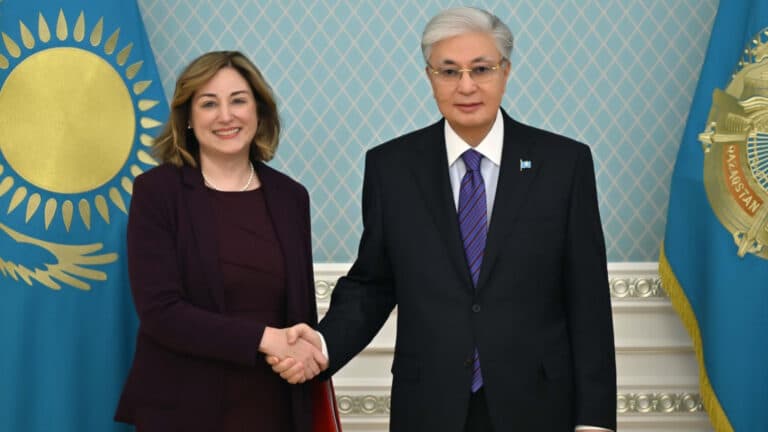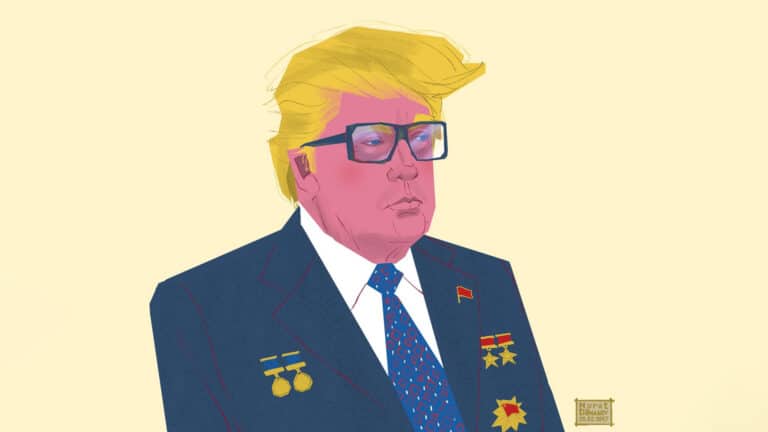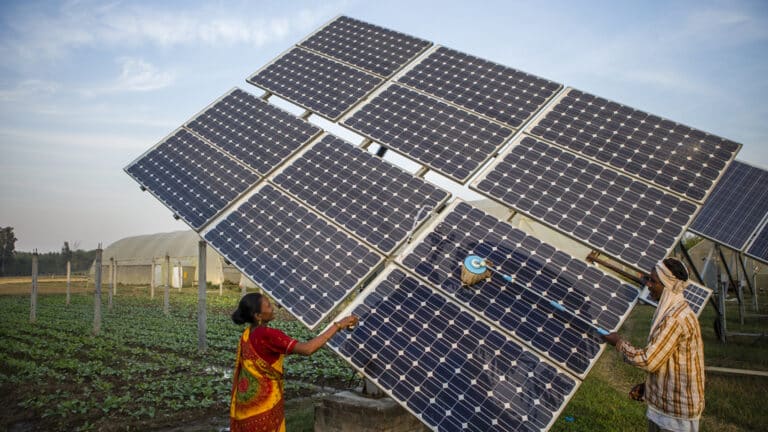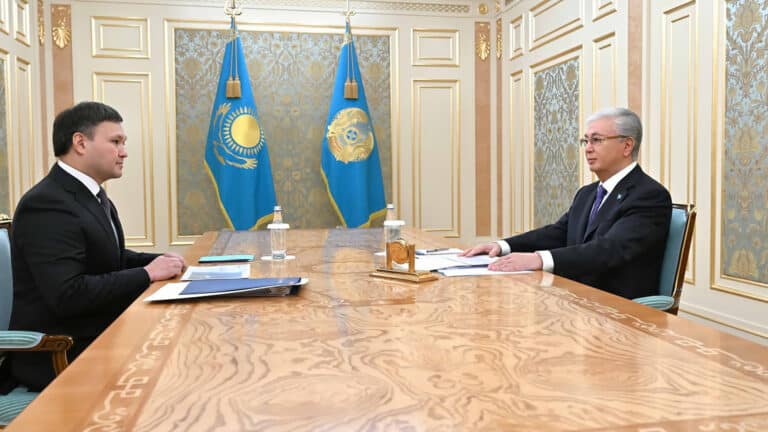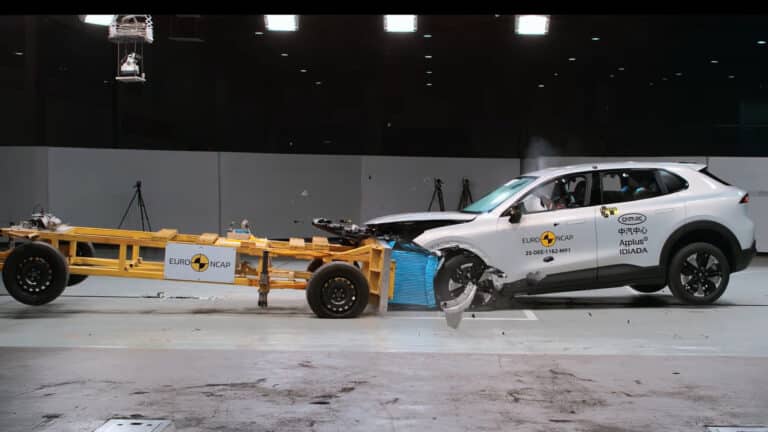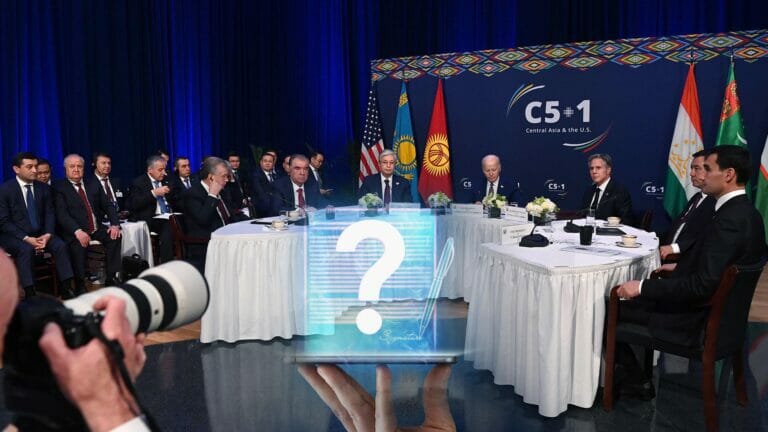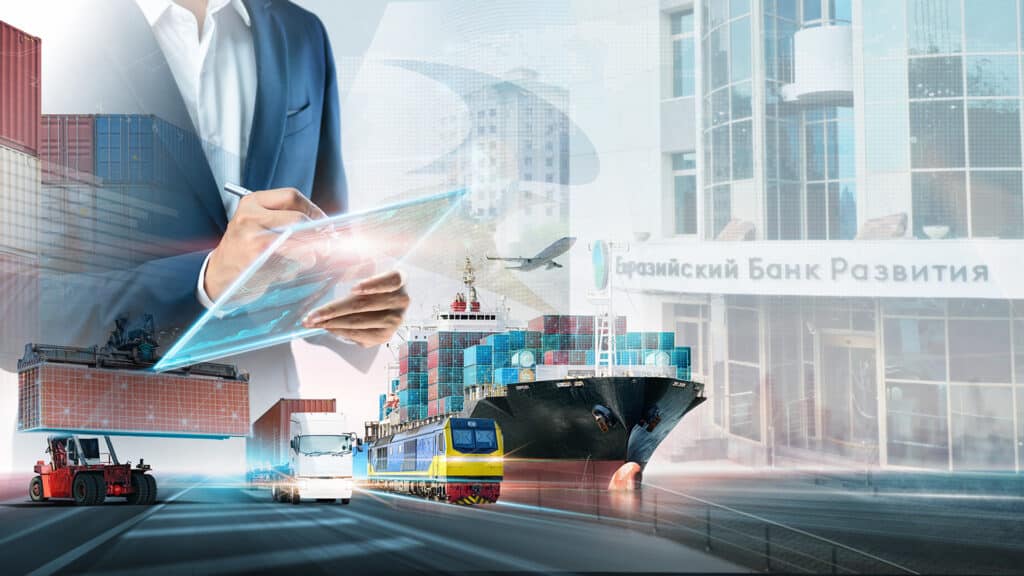
According to Viktor Lebedev, head of strategic projects in the Eurasian Development Bank (EDB), the transportation sector of the Eurasian Economic Union needs more than $250 billion in investments to unleash its «unlimited» potential for the movement of goods within the region, including those on transit.
Given that countries affiliated with the bank are ranked from 79 to 123 in the global Logistics Performance Index, there is huge room for improvements in this area, the official highlighted. Moreover, Lebedev believes that Central Asia has the potential to become an effective hub between big markets, which of course would require a lot of investments.
«By 2030, commodity circulation [in the region] will rise by 38%. This is a big figure and we have to do a lot to achieve this goal. If we remove all the obstacles in the transportation sector, we will reach a tremendous increase in efficacy and commodity turnover between our countries,» said Lebedev.
The EDB official believes the EEU can replace imported food products with products produced within the alliance and feed more than 600 million people worldwide. However, he admitted that even though there is plenty of land suitable for agricultural purposes, the region still struggles with a shortage of food processing and storage capacities.
«We are importing a lot of food from third-party countries; at least 70% of these imports can be replaced by products we produce on our own. Also, we are neighboring with markets – China and India, first and foremost – where around three billion potential customers live, and we can export our food products to these markets,» Lebedev said.
Director of the EDB Center for Integration Studies Alexander Zaboyev also predicts the emergence of new routes between China, Russia, Mongolia, Afghanistan, Iran and Central Asia.






